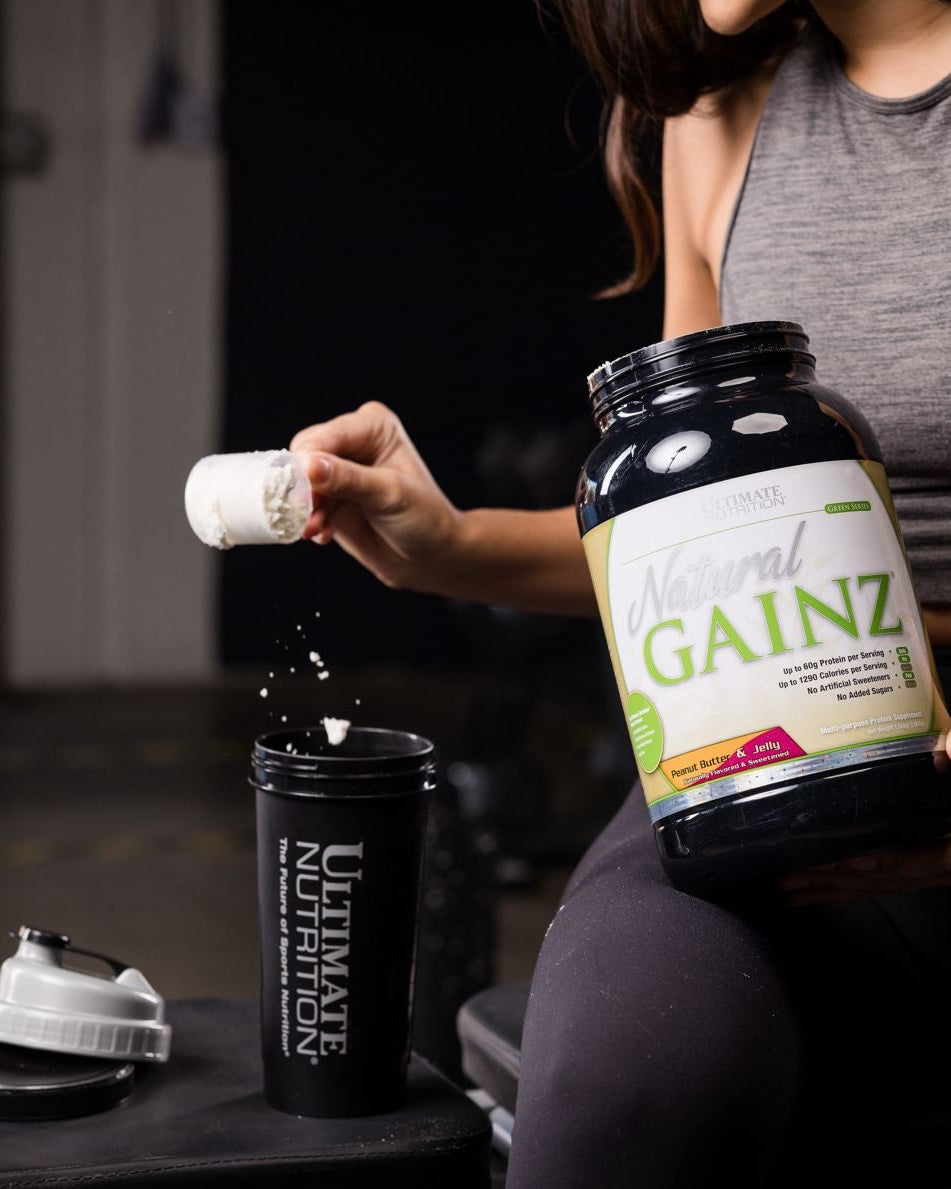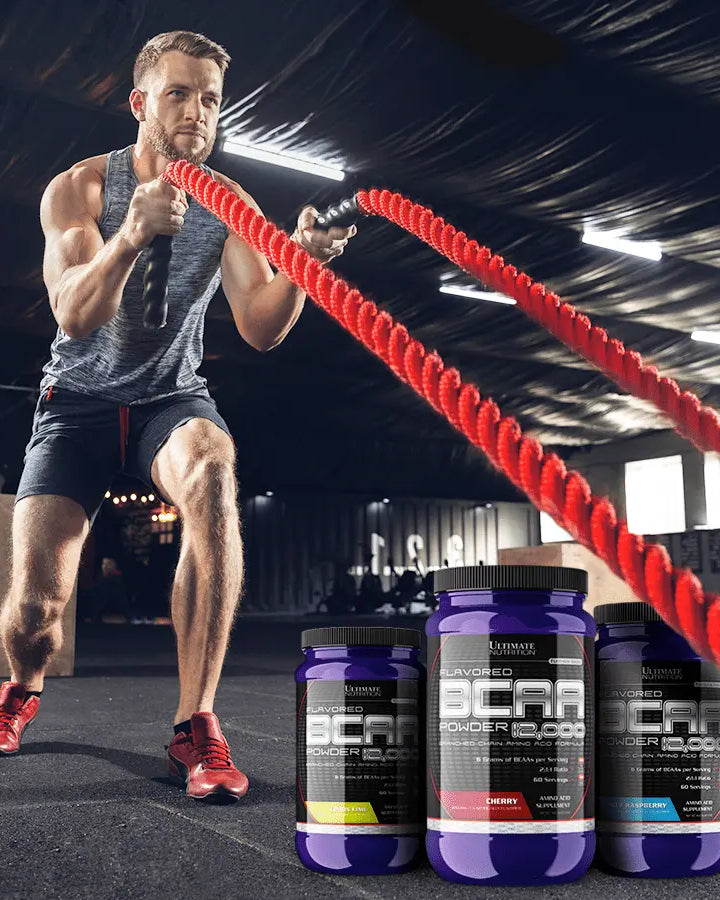Whether you just woke up or just finished a workout, it seems like you can’t shake off a constant yearning for bed. There’s a multitude of reasons why you might feel tired. Sadly, uncovering the cause of your fatigue can be a lengthy process.
Understanding your body takes trial and error. Between your diet, activity level, environmental factors, and lifestyle, there’s so much to consider when trying to figure out why you’re tired.
Fatigue is also a very subjective feeling, sort of like pain; we never really know how someone else is experiencing it. With so much variety in how different people experience fatigue, it can be difficult for doctors to know exactly how you’re feeling and what the best solution is.
Doctors and wellness experts do their best to take your words, medical history, and what they can observe to help you manage your fatigue.

5 Things You Can Do To Manage Fatigue
1. Work on Your Sleep Schedule
The most obvious cause of fatigue is consistent poor sleep. Even if you think you’re going to bed at a reasonable time each day, you still might not be getting an adequate amount of sleep.
Your body works on a circadian rhythm that influences your physical, mental, and behavioral changes throughout a 24-hour cycle. Sometimes our bodies fall out of sync with our internal clock, and it can make us more tired than usual.
Hard work, stress, and lack of (or too much) exercise can throw your body's "clock" into disarray. The result is loss of restful sleep, which can cause numerous adverse reactions such as restlessness, nervousness, irritation, and lost productivity.
You can work on getting back in tune with your natural rhythm by going to sleep and waking up at the same time every day and/or by using supplements like melatonin, REM Zone, and Gamma Amino Butyric Acid.
Supplements like REM Zone and melatonin are particularly helpful in lessening stress and allowing for a night of better, deeper sleep.

2. Try Exercising
When you exercise regularly and incorporate daily activity into your lifestyle, you’ll be able to improve your cardiovascular health and fitness. The body's ability to circulate oxygen improves when you work to better your overall health. Optimizing your oxygen circulation improves energy immediately.
You'll feel less tired when you work on every component of your physical health. Regular, daily tasks are easier and less draining when you're physically fit. Although a workout session might be tiring at the moment, taking care of your body will give you more energy to get things done in the long run.
3. Fuel and Nourish Your Body Differently
What you put in your body has an incredible impact on your energy levels. We all know the basics; you should eat whole foods and avoid junk ones. Take a look at your diet and try to spot where there’s room for improvement.
Are you not eating enough of a particular food group? Are you always choosing coffee over water? Are you eating all of your meals in the late afternoon rather than evenly spreading them out?
Run an audit on your current diet and try to spot if there are any imbalances. If you see you’re lacking something like fiber, healthy fats, or calcium, use either supplements or nutrient-dense foods to fill in the gaps.
Pay extra close attention to how your meals make you feel over the course of a week or month. Try out different diets until you start to see a difference in your energy levels for better or worse. If your energy levels decrease, make a few swaps until you find the diet that makes you feel your best.
4. Get Blood Work Done
The best way to figure out if you’re deficient in something that’s messing with your energy levels is by getting blood work done. Your blood does an excellent job of telling doctors if you’re lacking any nutrients like iron or vitamin D or if your body’s not producing a certain hormone that influences sleep, like melatonin.
Getting blood work done will immediately make it clear whether or not there’s a major issue that needs to be addressed. Blood work can make the trial and error process a lot less strenuous. You’ll be able to know what’s going on once your results are in.
Oftentimes, we don’t take low energy as seriously as we should. Sometimes, it can take physical pain or visible blood to get us to book a doctor's visit, but we should be checking in with our doctors whenever things just don’t feel right. If you’re constantly feeling fatigued, definitely visit your doctor and ask them to run a blood panel.

5. Avoid Energy Drinks… For Now
It may seem counterintuitive, but energy drinks might be the culprit behind your constant fatigue. The excess caffeine and sugar in energy drinks mess with your blood, body, and brain. The caffeine, sugar, and other unhealthy ingredients can easily disrupt your sleep.
It’s best to work on long-term fatigue solutions rather than a quick-fix energy drink. Natural energy boosters like exercise, carb-dense meals, and deep sleep can help you avoid the crashes caused by sugary drinks.
You should only use energy drinks when you’ve returned to a normal sleep schedule and need the occasional extra pick-me-up.
Live Life With More Energy
You shouldn’t settle for living with constant fatigue. It’s easy to push yourself to work past it all and ignore your tiredness, but you should address fatigue as soon as you realize it’s a constant factor in your day.
There are many solutions to feeling tired and weak; you just need to be patient as you find out which one will work for you. You can hope that your body naturally regains its normal energy levels over time, but it’s better to take back control as soon as you feel something’s off.
Don’t let being tired be the new norm for you. Take the time you need to and invest in resolving your sleep issues. Whatever your health and wellness goals, sleep is integral to achieving them, and Ultimate Nutrition is always here to support you.





















